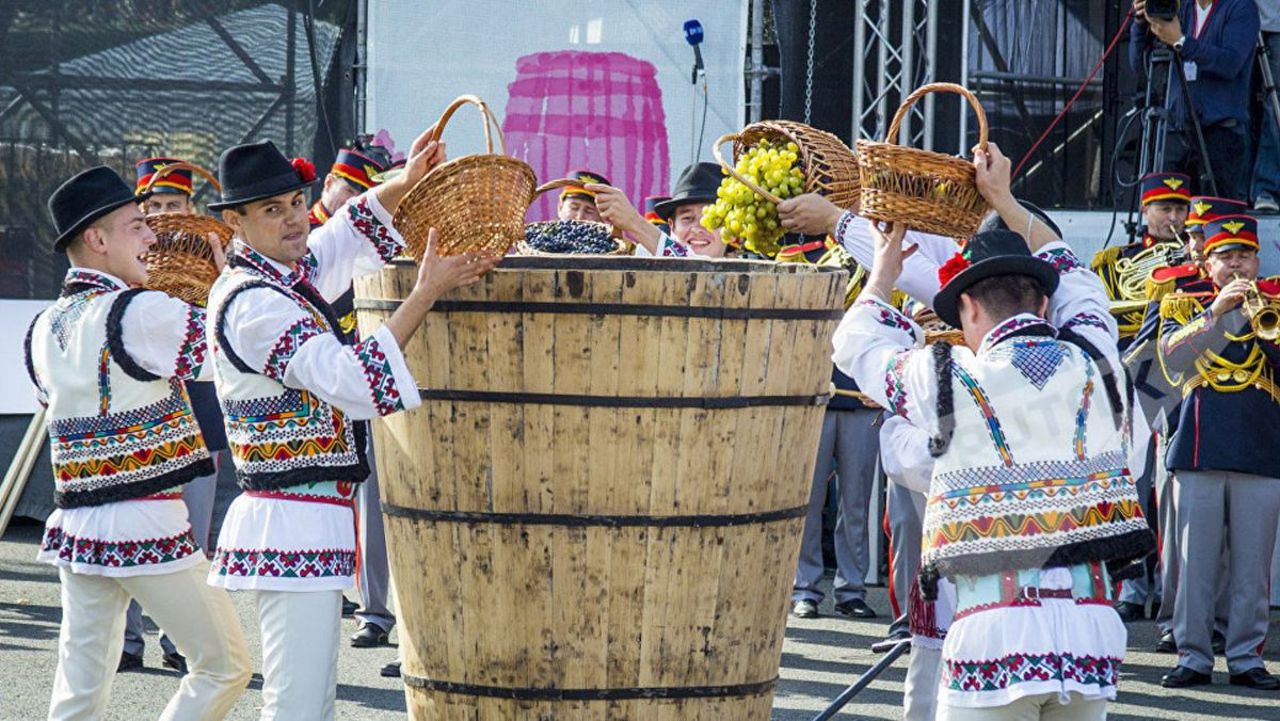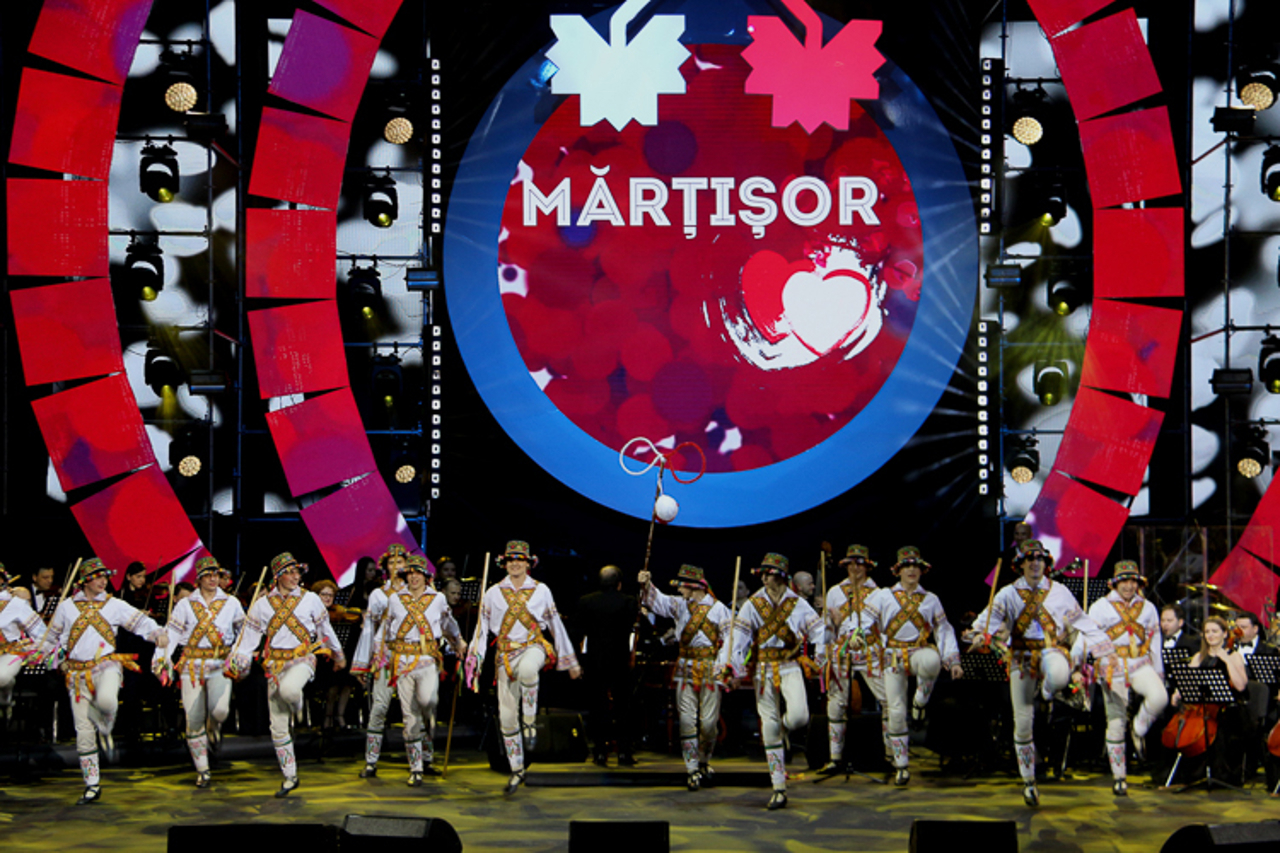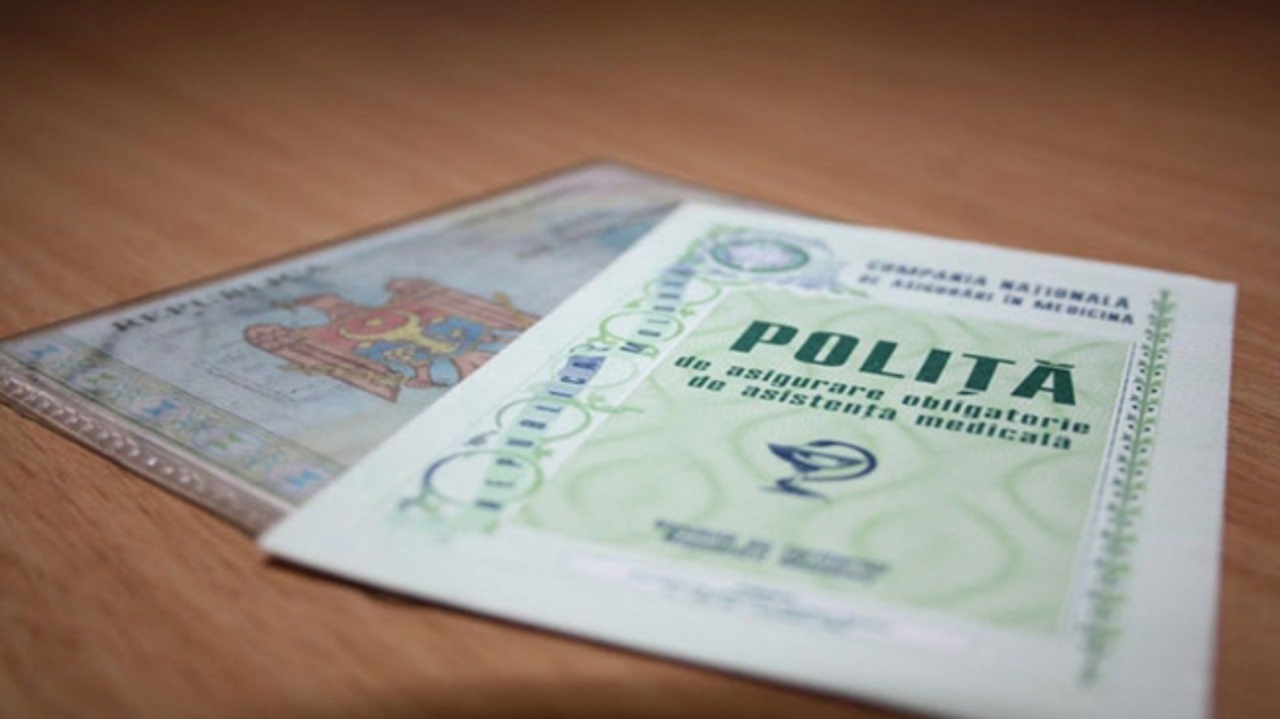Moldova demands Russian troop withdrawal from Transnistria
For nearly three decades, Chisinau has consistently pressed for the withdrawal of Russian troops stationed in the Transnistrian region.
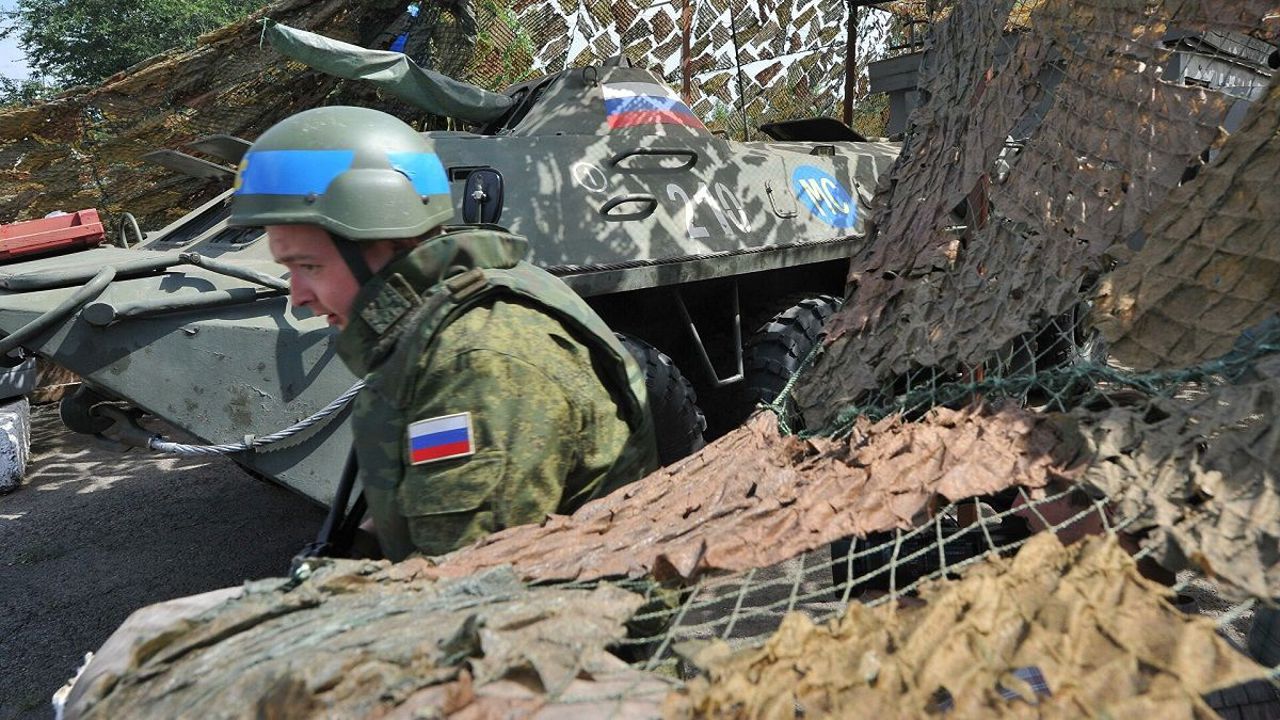
The constitutional authorities consider the Russian troop presence a grave violation of the country's sovereignty and territorial integrity. The withdrawal of troops has also been urged by the international community, which has recognized the Transnistrian region as part of the Republic of Moldova. However, Russia continues to prop up the separatist regime in the region with military and economic support, while characterizing its troop presence as a "peacekeeping operation."
The evolution of Chisinau's demands and their impact
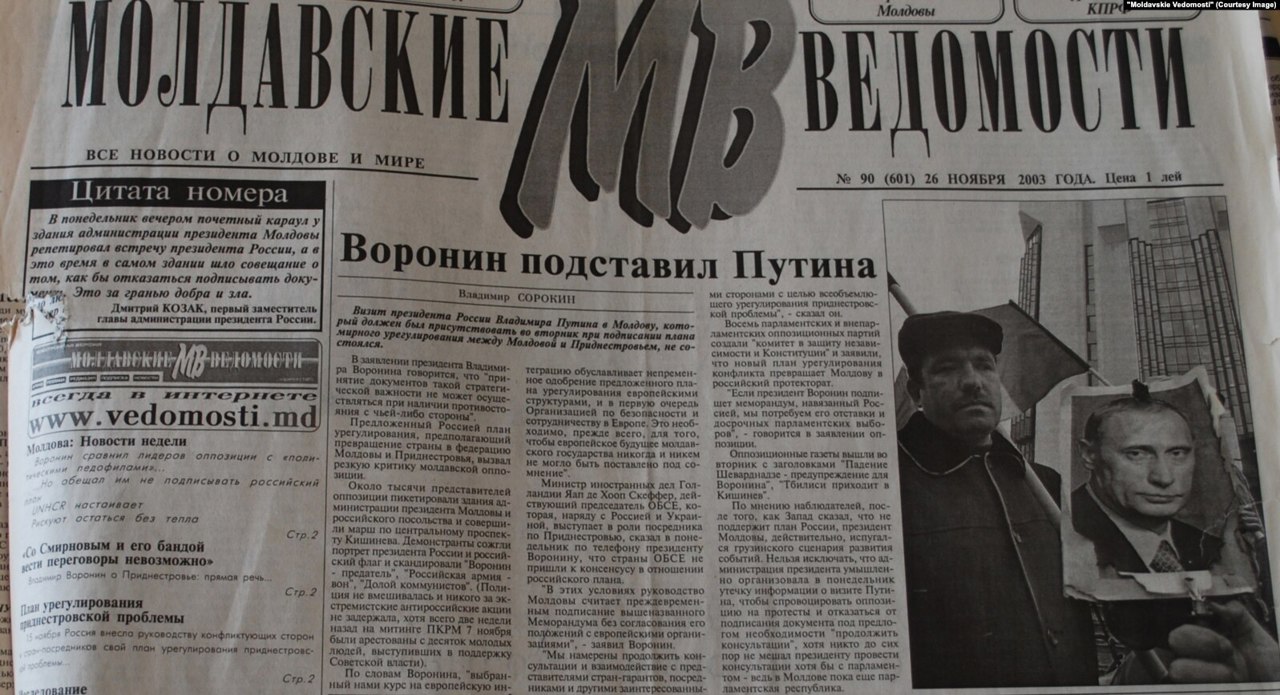
At the 1999 OSCE Summit in Istanbul, Russia pledged to withdraw its troops and ammunition from the Transnistrian region by the end of 2002, including the over 20,000 tons of ammunition stored in Cobasna, Râbnița. This pledge remains unfulfilled.
In 2003, President Vladimir Voronin was on the verge of signing the "Kozak Memorandum," a plan proposed by Russia to resolve the Transnistrian conflict by federalizing the country. Voronin refused to sign the document, primarily due to internal and international pressure, which considered the plan to be heavily in favor of Russian interests and a potential threat to Moldova's sovereignty. This refusal led to an indefinite postponement of the resolution of the Transnistrian conflict.
In 2010, former interim president Mihai Ghimpu requested NATO's support for the withdrawal of Russian troops in a letter to Secretary General Anders Fogh Rasmussen. In response, the Russian Foreign Ministry stated that Russian troops "patrol based on an international mandate, and their withdrawal would lead to a resurgence of the secessionist war." Mihai Ghimpu's initiative was met with criticism from the then-governing coalition: the Democratic Party and the Moldova Noastra Alliance, who considered it untimely.
Also in 2010, former US Secretary of State Hillary Clinton stated at a NATO-Russia meeting that Moldova "must have the right to accept or reject the stationing of foreign forces on its sovereign territory."
The series of requests continued in 2014, when Liberal Party deputies proposed a resolution calling for the urgent and unconditional withdrawal of Russian troops and ammunition, citing Russia's military aggression against Crimea. In the same year, the self-proclaimed leaders of the Transnistrian region called for annexation by the Russian Federation, intensifying tensions.
The UN General Assembly adopted a resolution in 2018 calling for the unconditional withdrawal of Russian troops from Moldova, supported by 64 member states. Moldova's then Foreign Minister, Tudor Ulianovschi, underscored the incompatibility of the presence of Russian troops with the country's neutrality.
The withdrawal of Russian troops was also demanded in 2020 by President Maia Sandu. The head of state stated that the peacekeeping mission should be replaced by a civilian one, under an international mandate. In response, Russia stated that its presence is a guarantee for maintaining peace in the region.
In the context of the war in Ukraine, requests from Moldovan authorities for the withdrawal of Russian troops have become more insistent. Moldovan Foreign Minister Nicu Popescu has reiterated this request at international meetings, while Prime Minister Dorin Recean has called for the demilitarization of the Transnistrian region.
Former NATO Secretary General Jens Stoltenberg has also called on Russia to withdraw its armed forces from the territory of Moldova. The official assured, after a meeting with Prime Minister Dorin Recean, that the North Atlantic Alliance would continue to provide assistance to our country.
In 2024, MEPs adopted a resolution warning against Russia's constant attempts to derail Moldova's European path. The EP called on Russia to respect Moldova's independence, cease destabilization, and withdraw its military forces from the country's territory.
Illegally stationed Russian troops have returned to the attention of the authorities in 2025, in the context of the energy crisis generated by Russian energy giant Gazprom's refusal to supply natural gas to Moldova. The authorities in Chisinau are ready to provide, with the support of donors, financial assistance for the left bank of the Nistru, President Maia Sandu announced on January 19. On one condition - the Russian army withdraws from the Transnistrian region, and the peacekeeping mission is replaced by a civilian mission under the auspices of the UN or EU.
It should be mentioned that Russian troops arrived in Transnistria during the Soviet period, as part of the 14th Army, stationed strategically. After the collapse of the USSR, the 1992 armed conflict between Moldova and separatist forces directly involved the 14th Army, which supported the separatists.
In July 1992, a ceasefire agreement was signed between Moldova and the Russian Federation, establishing a peacekeeping mission composed of Moldovan, Russian, and Transnistrian forces. This agreement allowed the continued stationing of Russian troops in the region.
The 14th Army was reorganized and renamed the Operational Group of Russian Forces (GOTR). Russian troops have remained in the region to this day, maintaining control over the ammunition depots in Cobasna, which contain over 20,000 tons of ammunition.
Translation by Iurie Tataru

